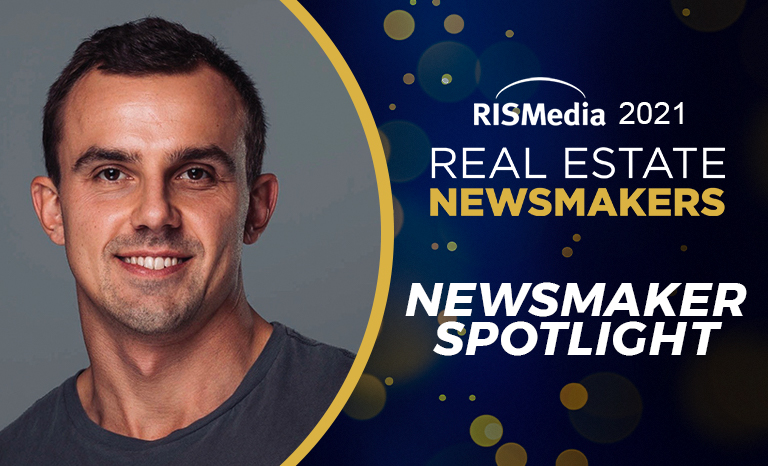Pablo Marvel, chief marketing officer for Brown Harris Stevens, has modernized the brand image and the firm's entire marketing strategy. In 2020, he used virtual tour guides and contactless show sheets to help agents show properties despite COVID-19 restrictions.
Marvel also designed and managed the buildout of MAIA, an internal platform that digitized all company operations. It generates data to help leaders allocate resources and give brokers marketing insights.
Here, he discusses simple tech solutions that agents should consider adopting as the industry heads into the future, as well as the internal platform he helped create at Brown Harris Stevens called MAIA, among other topics:
RISMedia's Real Estate Newsmakers honors were created to recognize the people who are raising the standards of professionalism in the real estate industry. What does it mean to you to be named among this year's honorees?
It means a lot! As a native New Yorker, I'm primed to admire real estate as an industry. That said, I think there is so much opportunity for innovation in a field that has not seen that much fundamental change since the beginning. To be recognized for trying to chip away at that is all I could ask for.
You were selected as a Newsmaker within the Futurists category, which is dedicated to the forward thinkers within our industry. Could you tell us how you used virtual tour guides and contactless show sheets to help your agents show properties in 2020?
We already lived in an era where everything is accessible digitally. In many ways, COVID gave things like QR codes and online forms a second chance, when many people in the industry preferred a less digital, more tactile toolkit. I won't comment on stylistic choices, but from a functional standpoint, there was no question about how to respond to our agents' needs. The hardest part of the journey was a culture shift in user education and adoption. My goal was to show our agents that there was a simple solution that could save effort and look classy at the same time.
Could you tell us a little bit about MAIA, the internal platform that you created at your company?
MAIA is a key component in the future of the traditional brokerage business model. We've seen competitors in the industry try to automate out brokers and leverage data instead of human interaction, but the reality is you need both in order to succeed. MAIA serves both the broker and the brokerage, providing easy access to marketing, business tools and analytics for the broker, and a 360-degree data-driven view of the entire company's position for the executive team. It's a singular dashboard that will continue to evolve in any way we need it to; it was designed for the broker of tomorrow, while serving the broker of today.
Do you think Brown Harris Stevens' marketing strategy will be permanently changed by the COVID-19 pandemic?
The pandemic taught us a lot about our consumer's true online habits and preferences, as well as accelerated trends and needs that were less urgent in real estate. For example, any brokerage that has not optimized their mobile experience to be more comforting than a Swedish spa is now going to be held twice as accountable by the consumer. On the plus side, consumers are much more comfortable with things like chatbots and other online communication tools.
Additionally, we had campaigns turn from experimental pandemic fodder to primary lead generation tools, all because we were pushing ourselves to try new voices and approaches to content creation. It gave us the freedom to have fun and be more playful, while still staying true to our core values, and I think consumers really enjoyed that from a more traditional brand.
What would your advice be to other marketers about moving forward as our country begins to reopen and the pandemic slowly ends?
Fortune favors the bold. I know many companies are eager to "get back to normal," but one thing the pandemic gave the world was a deep desire for authentic connection, especially from brands they interact with. I think companies need to be more human in their marketing and have fun with it too. It is rare that you will truly regret a campaign that is a little more "experimental," while the result might be that you surprise your consumers and are rewarded with their attention.







